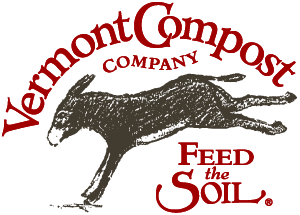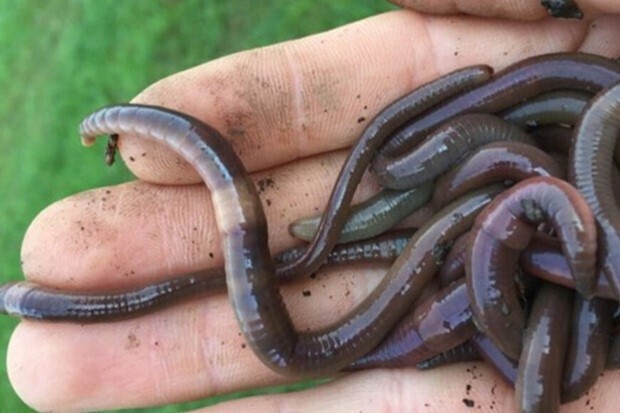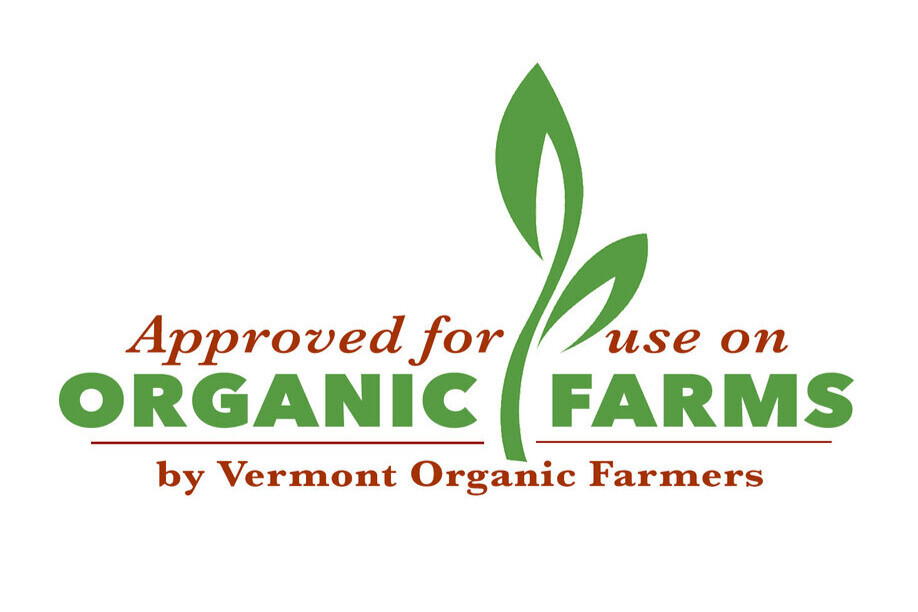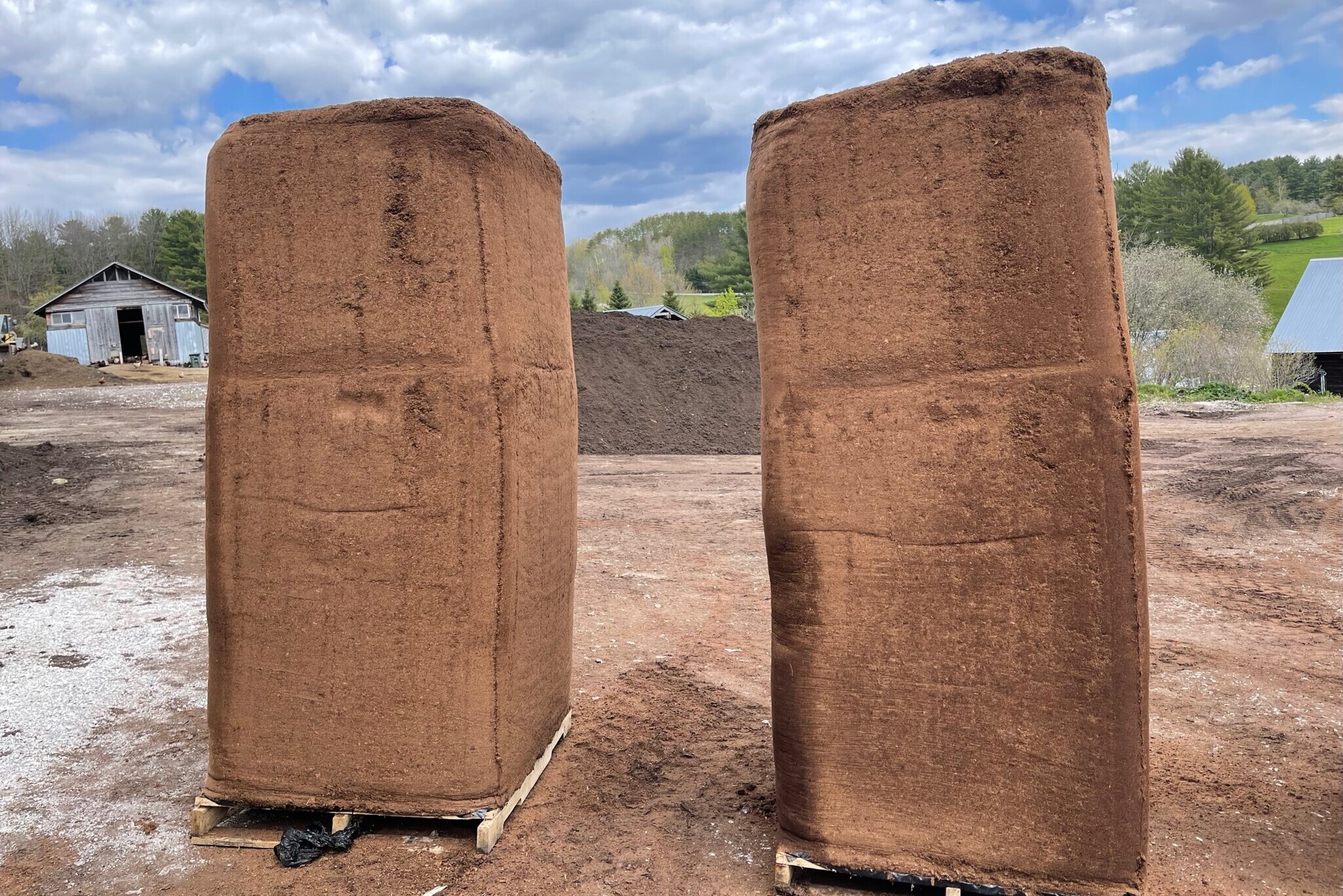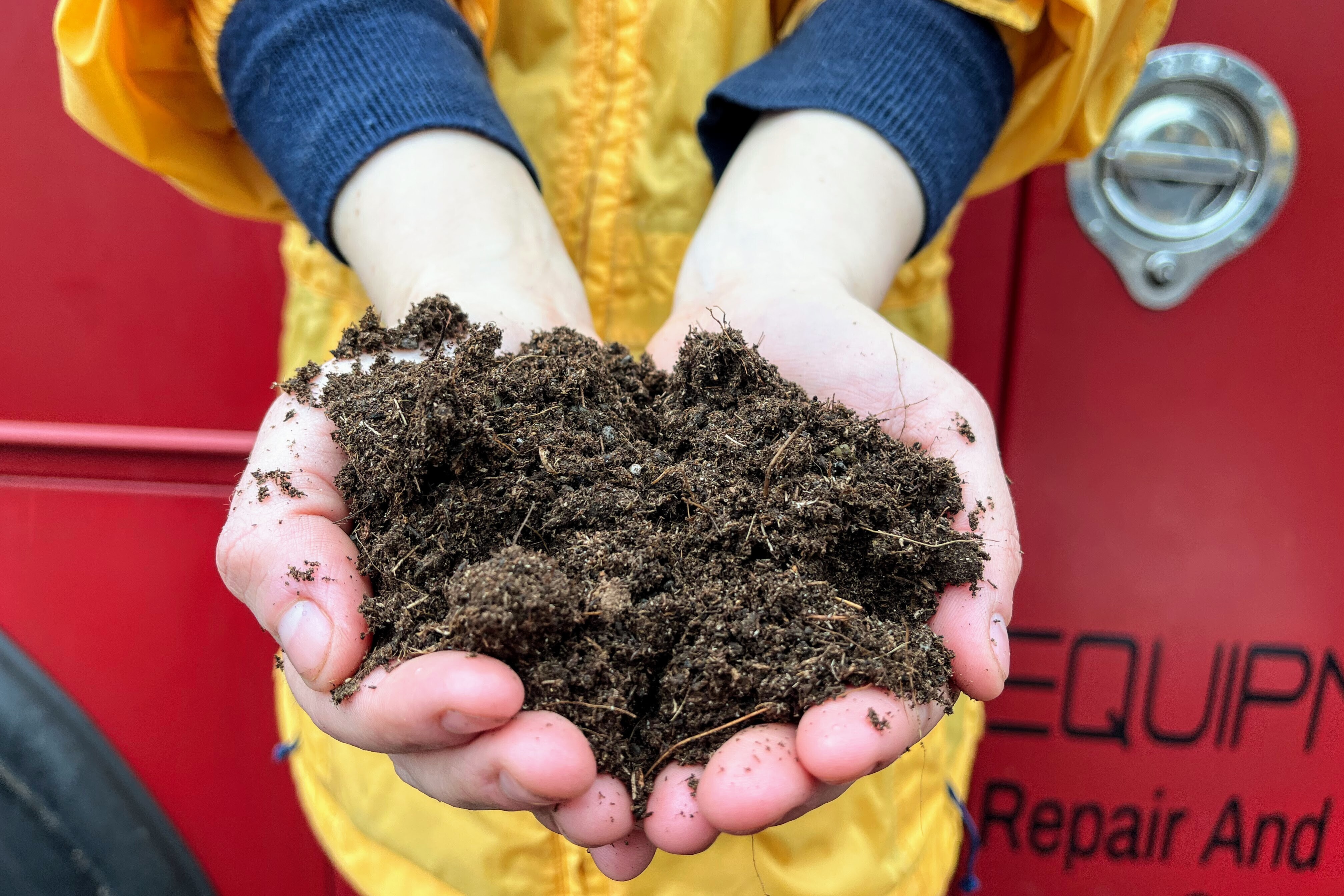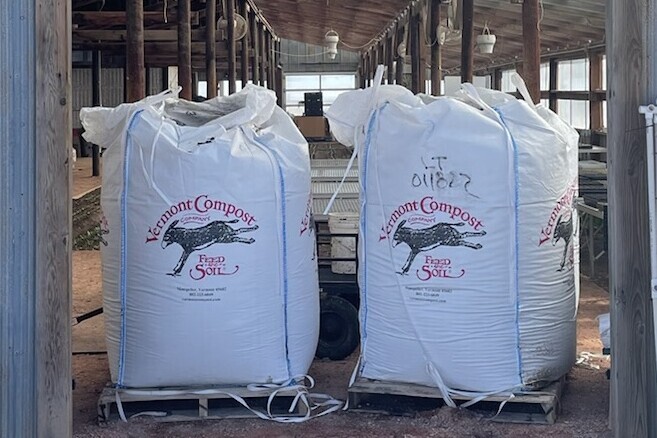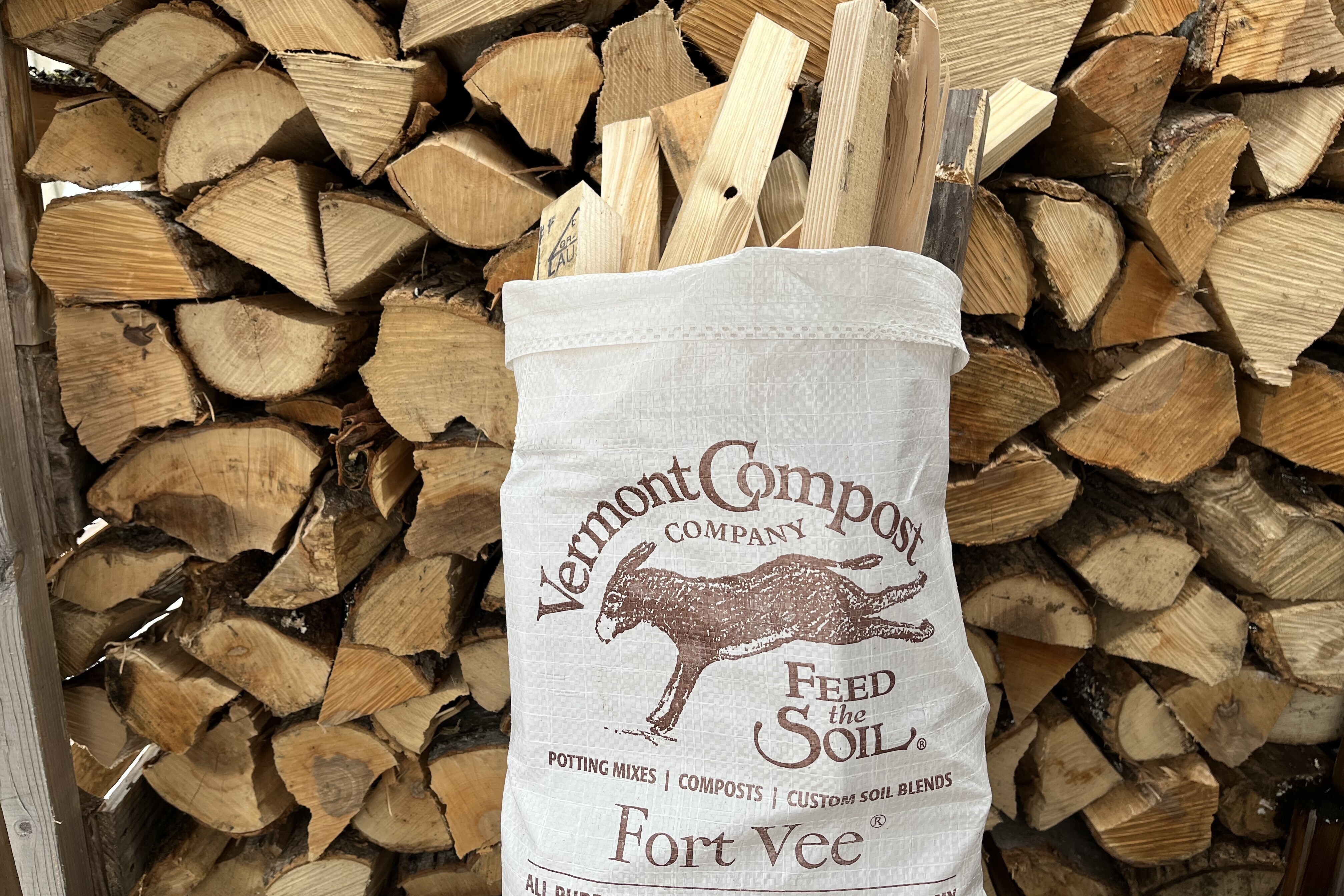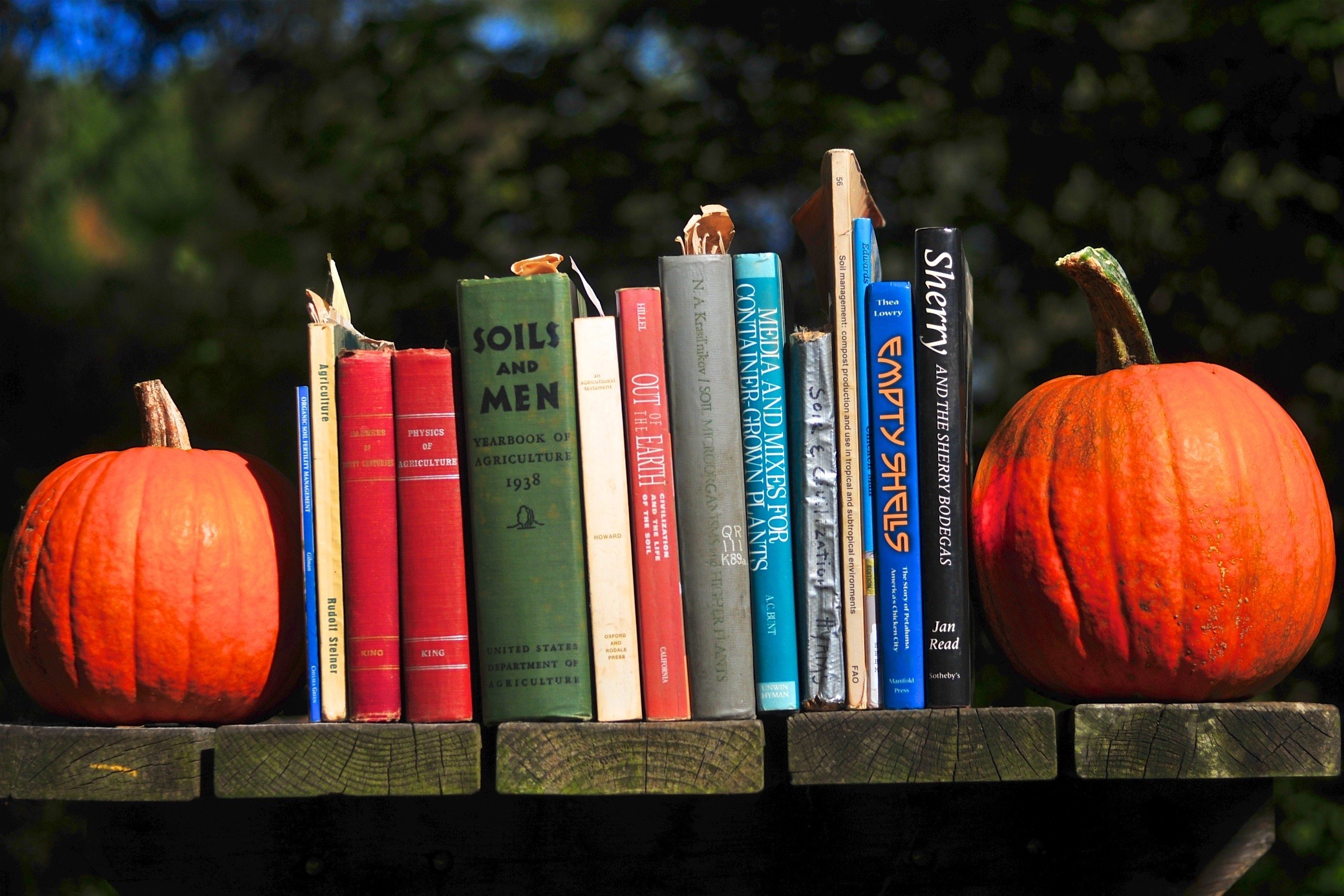Resources
Articles
Learn more about how we're keeping jumping worms out of our soils.
All ingredients used in Vermont Compost Company products have been approved for certified organic production.
Our composting process meets the National Organic Program (NOP) standard requirements and our products are approved for organic use by Vermont Organic Farmers (VOF), the certification branch…
Our company was founded on the principle that agriculture could and should be conducted with soil health as its primary responsibility; hence our motto, ‘Feed the Soil.’ Continuing to honor this maxim is a priority for VCC, and as such, we source our ingredients as ethically as possible, and mitigate our carbon footprint wherever feasible.
Our potting soil is, essentially, a nursery in which young plants learn how to search for water hidden in pore spaces, divide their roots in order to anchor themselves, and produce exudates that can be traded for nutrients under the management of soil microbes. For each of these processes, particle size impacts root responses.
As living material, our soils and composts are resilient, but proper storage helps ensure germination potential and protect against contamination. When choosing where and how to store your bagged soil or compost, consider the following factors: light, temperature, moisture, time, and contamination.
Unfortunately, most municipalities do not recycle polyethylene, as it requires special equipment to process. Thankfully, many of our customers have experimented with creative ways to reuse our bags. Here are just a few of the ideas they have shared.
Here is a list of books Karl thinks every aspiring farmer, composter, plantsperson, or soil steward should look into. They have been important resources in developing Karl's philosophical and practical approaches to life and business.
Farmers of Forty Centuries: Permanent Agriculture in China, Korea…
Podcasts
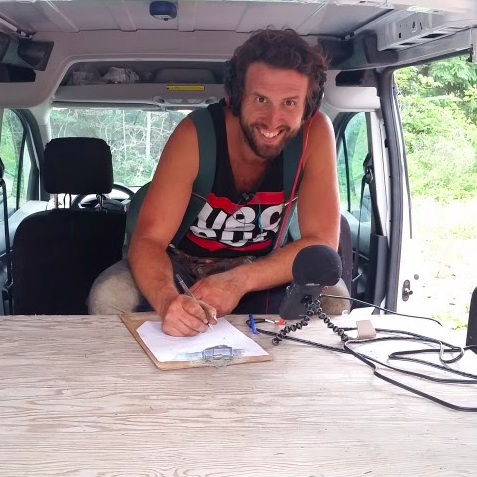
Karl Hammer on The Ruminant Podcast
The Ruminant Podcast, hosted by market gardener Jordan Marr, is a compelling collection of interviews bringing a diverse and holistic selection of farm and food related ideas to farmers, gardeners, and growers.
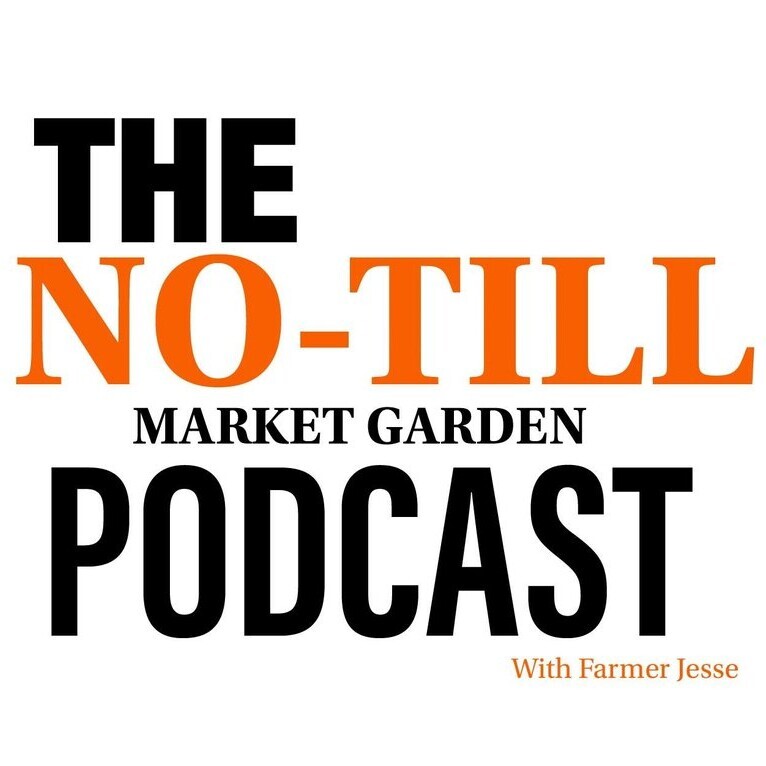
Karl Hammer on The No Till Market Garden Podcast
The No Till Market Garden Podcast with Farmer Jesse Frost brings together some of the great agricultural minds in modern farming to discuss the possibilities, benefits, and challenges associated with No Till production.
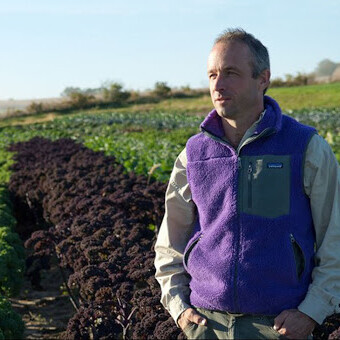
Farmer to Farmer Podcast with Karl Hammer
Karl Hammer on Microbes, Carbon, and the Compost Connection: tap into the history of Vermont Compost Company from Karl’s start as a young boy shoveling manure in Vershire, Vermont to its modern-day national distribution, with plenty of detours into soil, society, and the potential for great compost to catalyze the recapture of carbon on farmland.
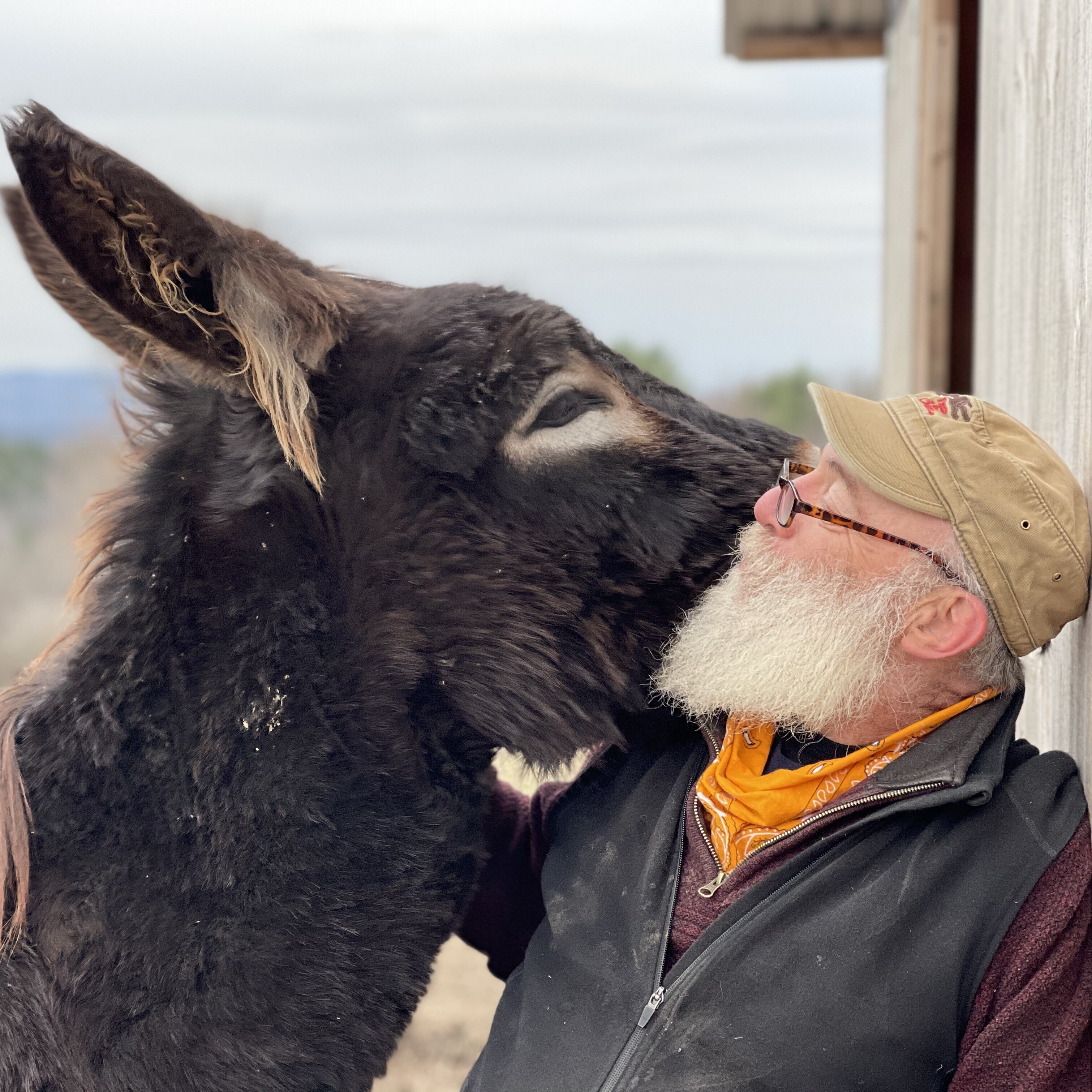
Karl Hammer and the Donkeys on The Rumble Strip Podcast
The Rumble Strip, hosted by Erica Heilman, captures the vivid stories of everyday. Listen in as she explores Karl's perspective on everything from the American Mammoth Jackstock to being a "plasti-phobe."
Videos
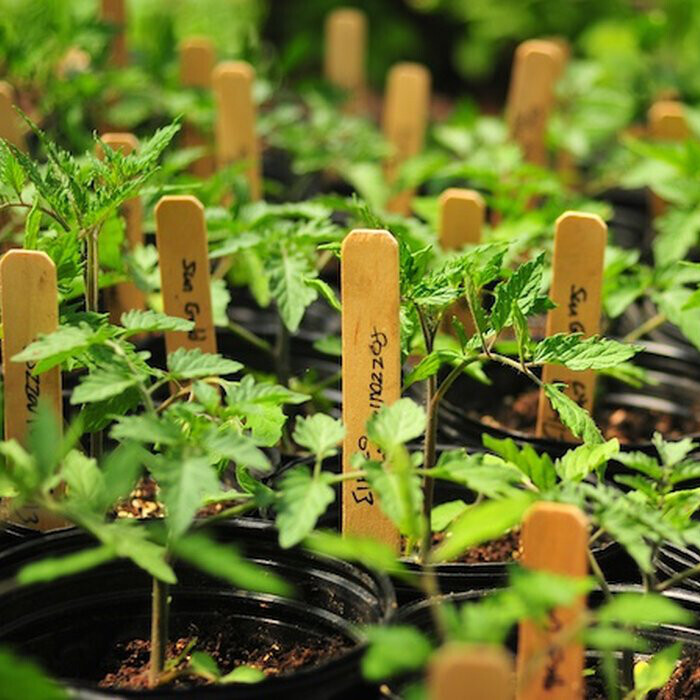
Fort Vee Soil Blocking with Eliot Coleman
Eliot Coleman has been making soil blocks with Fort Vee for decades—hear him tell why soil blocks made with our potting soil have been such an important part of his farming practice over the years.
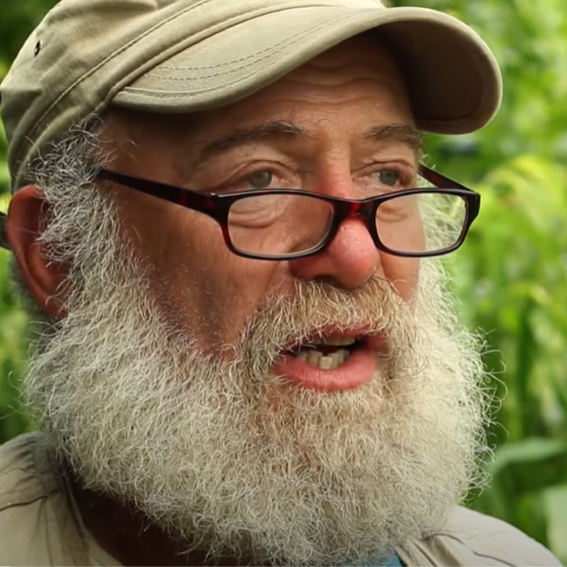
Fort Vee Growing Media
Karl Hammer, Owner and President of Vermont Compost Company, reveals the essential elements of Fort Vee.
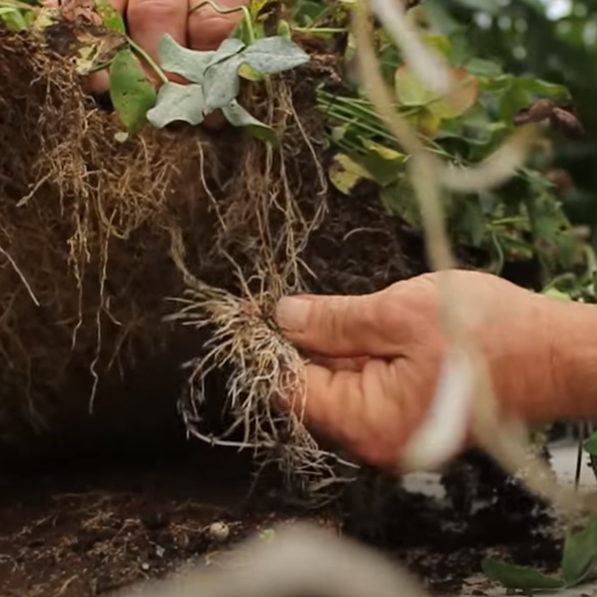
The Importance of Soil Stewardship
Sid Hammer outlines the importance of soil stewardship.
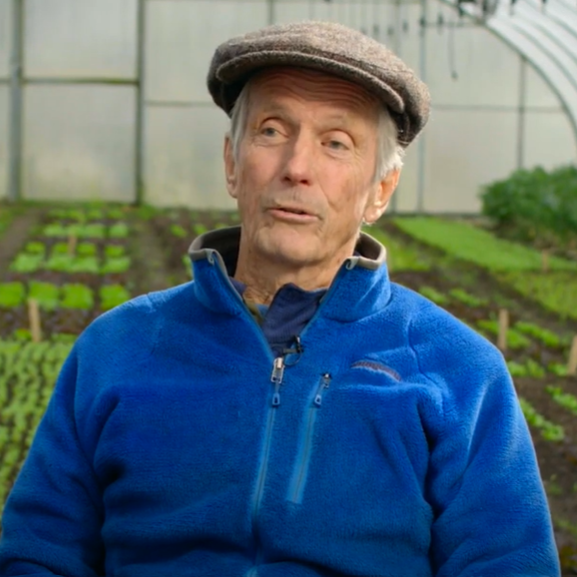
Invest in Your Soil -- Eliot Coleman
Choosing the right potting soil for your plant starts and greenhouse crops is critical to the success of your farm. Eliot chooses Fort Vee.
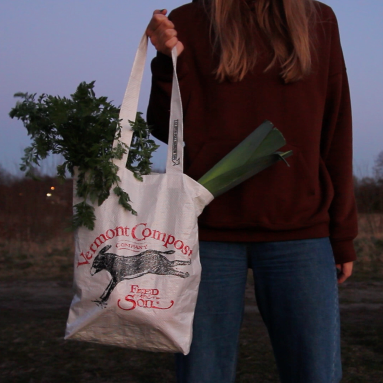
DIY Reusable Tote Bag Project | Kat Konnecke
Join Kat Konnecke from Chilmark Acre Farm as she crafts a tote out of a used 20 quart soil bag. This easy-to-follow guide will have you reusing your bags in no time.
